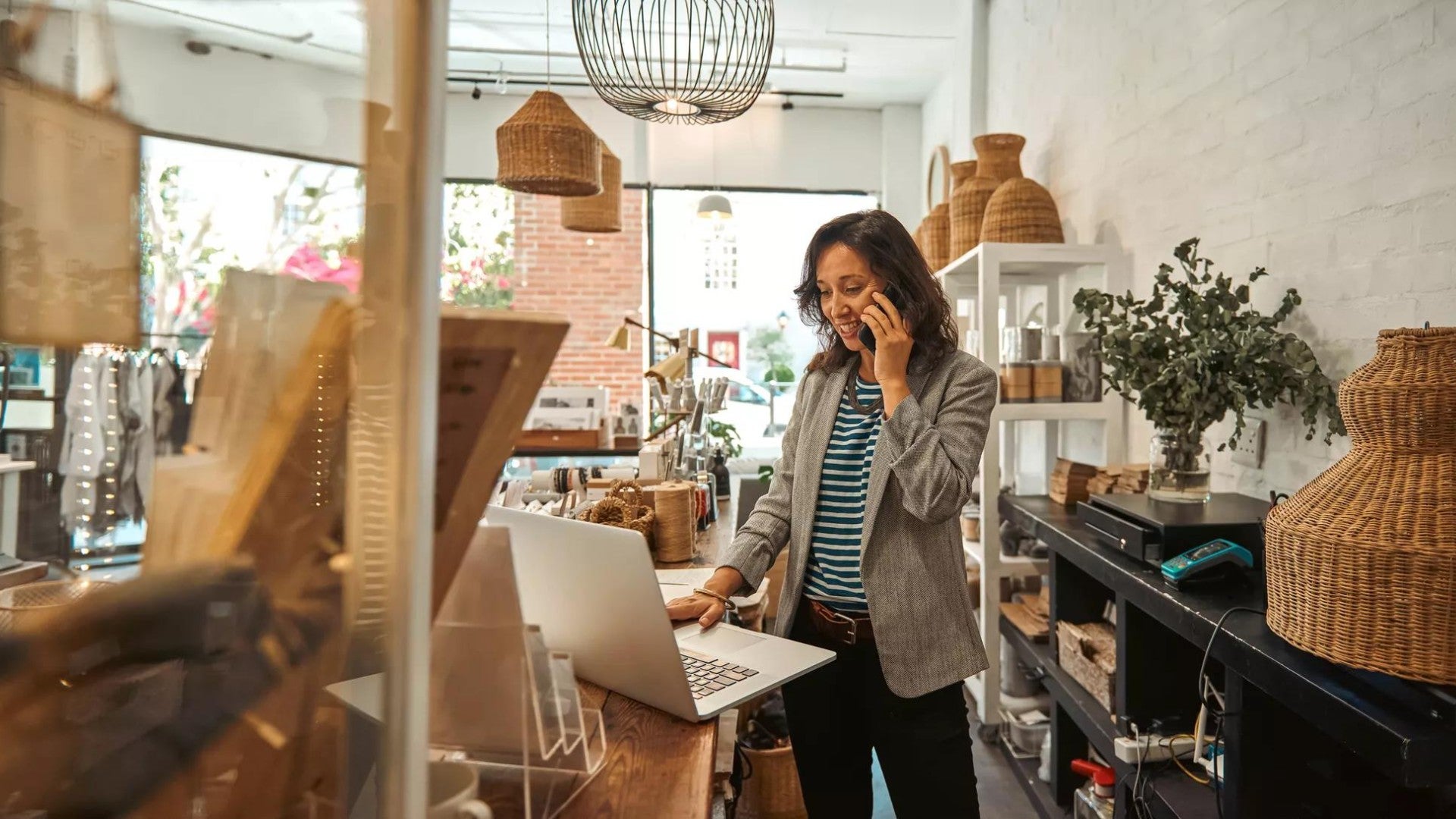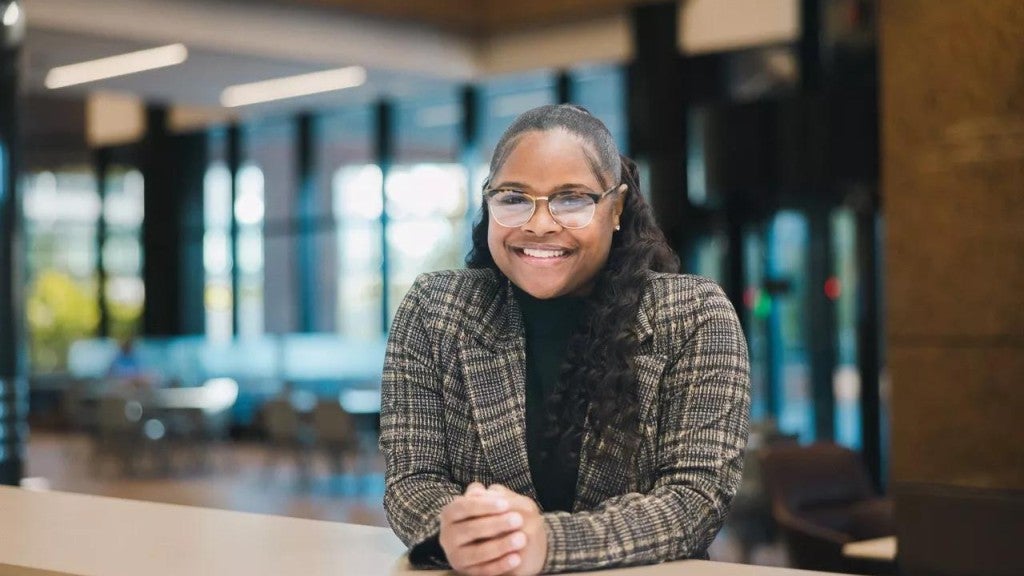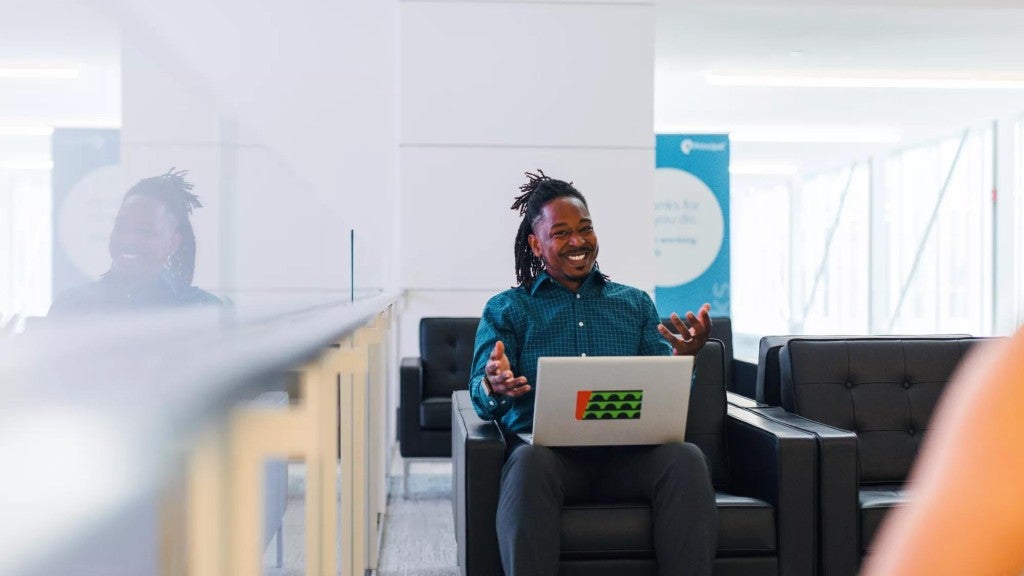For more than two decades, Kimberly Evans has logged experience as an entrepreneur and small business owner. She’s owned a clothing store. She opened a call center.
But when it came to raising capital for her latest venture, Just Her Rideshare, the Charlotte, North Carolina, resident realized she had a knowledge gap. “I’ve built small businesses, but I never had to fundraise on that scale,” Evans says. “I knew I needed to find out how to execute that. I’m good at some things, but as a small business owner you can’t be good at everything.”
Evans found help in the form of a 3Rs grant—Recovery, Rebuild, Resilience—from 1863 Ventures. The organization, supported by Principal® Foundation, offers leadership training and market access for people of color and women entrepreneurs. For Evans, that translated into team building and financial insights. For her community—and thousands of other communities across the U.S. that support small businesses—the benefits of such programs spread far and wide.
Providing equitable support, all year long
Focused events like Small Business Saturday help drive attention to the Small Business Administration (SBA). But research demonstrates support is needed not just on one day, but throughout the year, year after year. That’s particularly true for small businesses owned by people of color and women.
What is Small Business Saturday?
In 2010, American Express created Small Business Saturday to encourage the support of small businesses during the Great Recession. Today, the event is much more than a marketing holiday; it’s a designation officially recognized by the U.S. Senate and observed in all 50 states with the goal of driving consumers’ attention to the impact their purchasing decisions have on their communities. And that impact is huge: 51 million Americans spent an average of $305 on Small Business Saturday for a total of over $20 billion in 2021. Every dollar spent translates into $0.67 that stays in a local community.
For example, new research from the Global Financial Inclusion Index strongly indicates there’s uneven access to financial security across gender and racial demographics. Women in the U.S. face more exclusion from the financial system than men, and access to financial products, tools, services, and advice proves more difficult for Black and Hispanic communities, the Index found.
What helps? Programs provided by organizations like 1863 Ventures.
Evans’ idea—to create a safe space for women seeking a rideshare—was inspired by a community tragedy, the murder of a college student who mistook another car for her Uber driver. Since Just Her Rideshare’s inception two years ago, Evans has weathered the amicable departure of a founding partner and plenty of “no’s” in funding requests. The 3Rs program resonated at the right time. “I see greatness in this idea, in the impact it may have, but there have been difficulties building a company of this magnitude,” Evans says. “I’ve gained so much benefit already.”
Small business solutions: Starting with policies and community
The number of women and people of color who own small businesses is increasing: According to the U.S. Census Bureau, 2022 Annual Report from the National Women’s Business Council women employer businesses—those that employ others—have reached a total of 1.2 million, employing over 10 million workers. Approximately 18.7% of U.S. employer businesses are owned by people of color.
However, that growth doesn’t mitigate historic and continuing challenges. For example, Black people make up over 14% of the U.S. population, but only 2.3% of owners of employer firms. During the pandemic, 36% of Black business owners reported difficulties accessing credit, compared to just 29% of all survey participants.
Those disparities play out in overall individual financial security, too. Women, for example, face worse outcomes on every measure of financial health, and women of color even more so. Those were the findings of The Gender Gap in Financial Health report, funded by Principal Foundation and conducted by the Financial Health Network.
Supporting small businesses, every day
Principal Foundation has provided innovative support for small businesses in many forms:
- Funded 1863 Ventures, the national business development non-profit for New Majority Entrepreneurs (individuals that have been historically marginalized) to extend its 3Rs (Recovery, Rebuild, Resilience) business development program.
- Joined other financial services companies to launch the NY Small Business Funders Collective (SBFC), which will award $500,000 to improve access to capital and technical assistance for Black, Latino, Asian & Pacific Islander, and Indigenous entrepreneurs in the five New York City boroughs.
- Awarded a grant to the Cities for Financial Empowerment Fund (CFE Fund), focused on helping entrepreneurs and small business owners improve their personal finances, better positioning them to access capital and achieve their business goals.
- Provided programmatic funding to World Central Kitchen to leverage technology, local restaurants, and local community organizations to support both nutrition security and small business.
“If the problems are varied and systemic, the chasm can feel unbridgeable,” says Jo Christine Miles, director of Principal® community relations and Principal Foundation. “But it’s not. Policy changes, combined with focused, innovative, capacity-building programs, and expanded access to capital could help more small businesses and aspiring entrepreneurs thrive.”
Small business owner Evans would agree.
“I wanted to build a community of women taking care of each other, but I’m also an entrepreneur. I wanted to build something good but leave a legacy, too,” she says. “If we have a small business network and the support of users and information that helps us build, entrepreneurs like me can get to the next level.”
What's next?
Learn more about how Principal supports small businesses across the country at principal.com/businesses.



